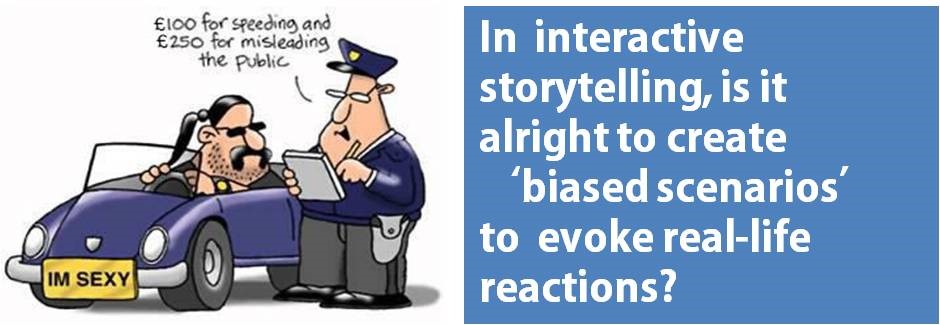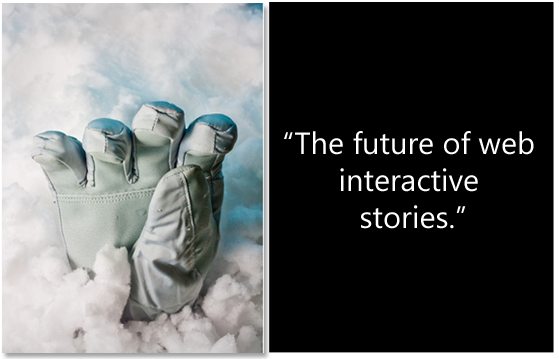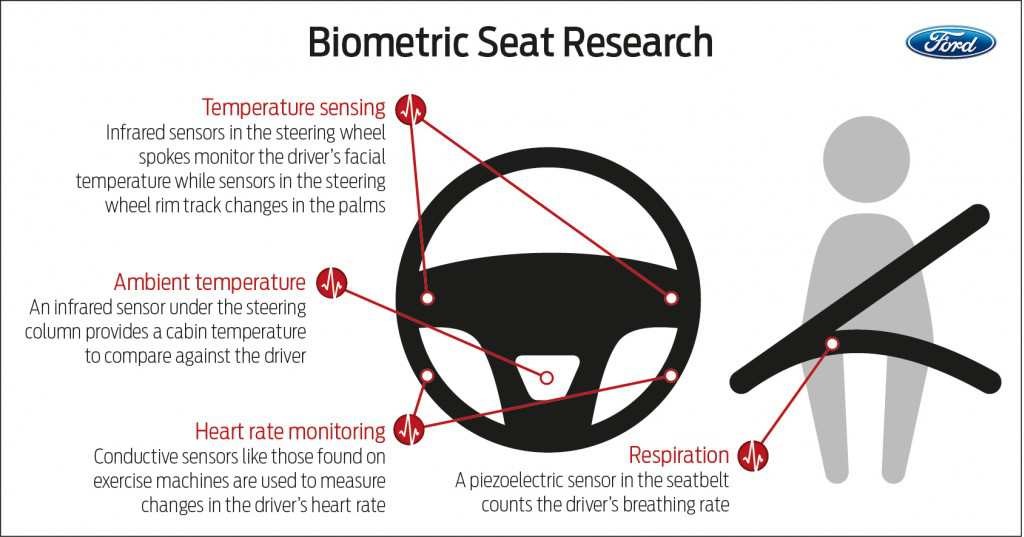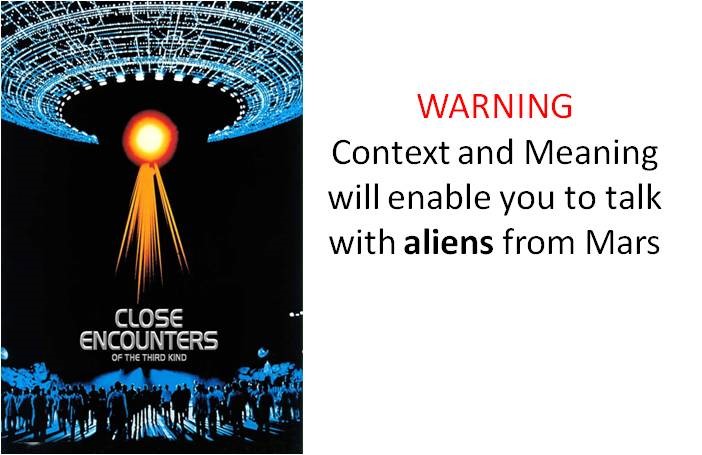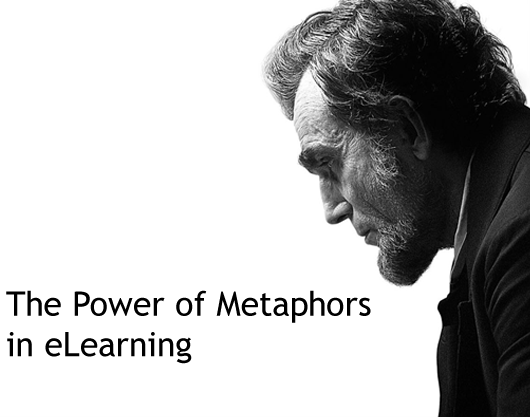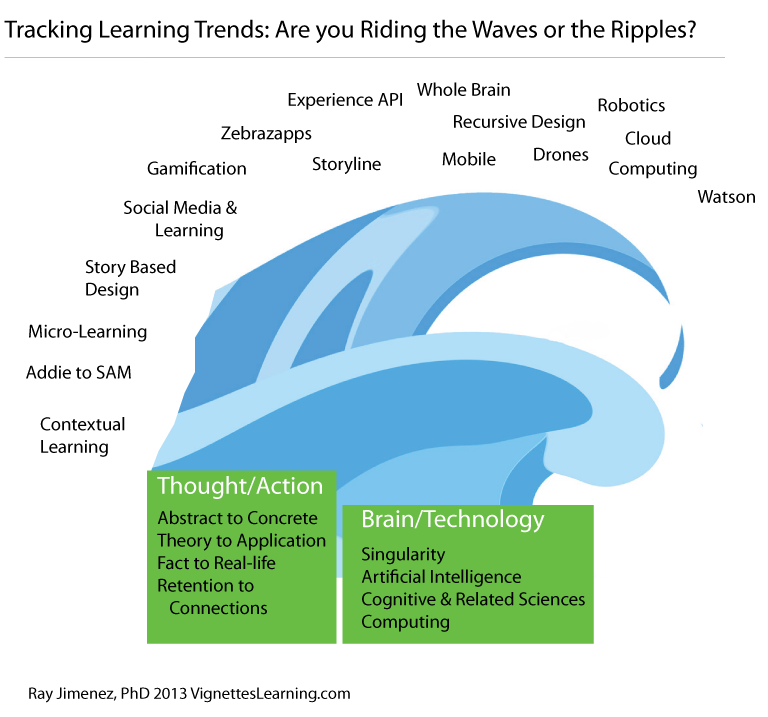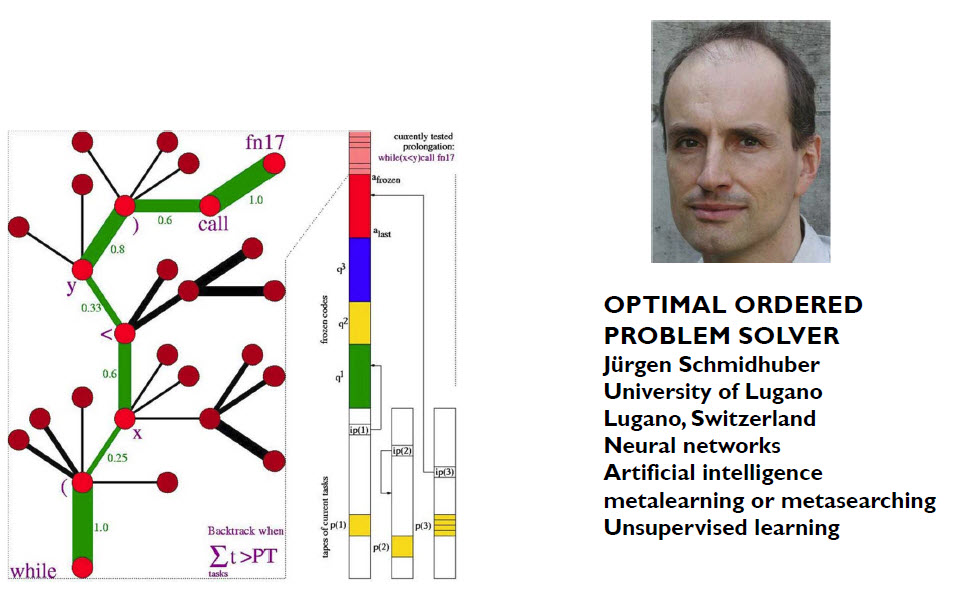Synthesis: In eLearning scenario development,anchoring has two sides: it can be used to work for or work against the objectives of interactive storytelling. Although anchoring connotes a certain negativity, it also has good uses in eLearning development. __________________________________________________________________________ Image source:…
Tag: scenario-based
eLearning Lies or Truths? How do you find authentic stories?
Synthesis: The use of a powerful storyline is one of the elements that makes eLearning lessons effective. However, eLearning developers should also assess their narratives and check their authenticity. Using hyperbole is good but it should not becloud the meaning…
Smashing Visually Interactive Story eLearning
Synthesis: Developing outstanding visual story eLearning modules requires careful planning, collaboration and implementation. The New York Times’ Snow Fall, an online multi-media news report, is a perfect example of well-planned and well-crafted visual storytelling. I included an outline for visual narrative development from a paper by Edward Segel and Jeffrey Heer; and important visual storytelling tips…
Storytellers Become The Story: Obama and Hilary
Synthesis: Results of a neuroscience study explain how storytelling builds empathy among people who collectively listen to it. If plain storytelling could already create impact, imagine what interactive narratives using state-of-the-art technologies could further achieve. eLearning developers must support storylines with…
Gaming, Story Learning and Feedback Loop
Synthesis: The process of developing scenario-based lessons and interactive storytelling modalities requires feedback mechanisms both from the participants and co-developers. For this blog, Ford Motors becomes our unlikely teacher on the importance of feedback in our work as eLearning professionals.…
‘Story Editing’ as a Technique for Improving eLearning
Synthesis: Timothy D. Wilson’s book, Redirect, affirms the the power of ‘story editing’ as a learning technique that could positively change a person’s behavior, mindset, and attitude. Story editing our life experiences could help us overcome fear, change bad behavior,…
Back to the Basic Techniques in Designing Interactive Stories for eLearning – Aesop, CEO
Synthesis: Storytelling is a powerful medium for transmitting knowledge and lessons. Make them part of the story – focus on INTERACTIVE STORIES. Using a popular Aesop fable, I share this overview on how to develop scenarios for interactive modules. Here are also a few tips on how to…
Designing eLearning for Martians and Other Aliens
Synthesis: In order to convey the appropriate meaning, the storyteller must first know the context scenario of its audience. Meaning is shaped by context. In order to know the context, the eLearning developer must first understand the culture and history of its audience. __________________________________________________________________________…
The Power of Metaphors in eLearning
Synthesis: In the film, Lincoln, President Lincoln and Thaddeus Stevens used the power of metaphors to solve two crucial historical stand-offs during the American civil war. The insights shared here will help us to better appreciate the power of storytelling and show us how we can effectively use…
Improving 21st Century Competencies thru Storytelling
Synthesis. Paul Oord and Cecile Crutzen in their paper, Storytelling as a Link Between Formal Knowledge and Actual Performance in a Critical Transformative Design Environment, expound on the connection between formal knowledge and actual performance. The crux of the challenge could be unraveled by…
Are You Riding the Waves or the Ripples? Tracking Learning Trends
Synthesis: The Thought/Action Wave and the Brain/Technology Wave are two particular learning principles that enable faster, cheaper and easier learning. The speed at which innovations propel these learning concepts are discussed here. __________________________________________________________________________ I am not a surfer. The closest…
Lincoln, the Storyteller
Synthesis: What makes a good storyteller? Stories abound and Lincoln – the extremely smart being that he is – used these accounts to bring home critical points for decision making and persuasion. Embedding stories in the learning design achieves a…
Instant and Rapid One-Minute Learning for mLearning and eLearning
Synthesis: In a rapid, constantly-changing, technology-enabled work environment, which one works best – linear or random learning? How do we rethink or reformulate to make the linear content friendly to random learning? How does this benefit instant learning for busy…

